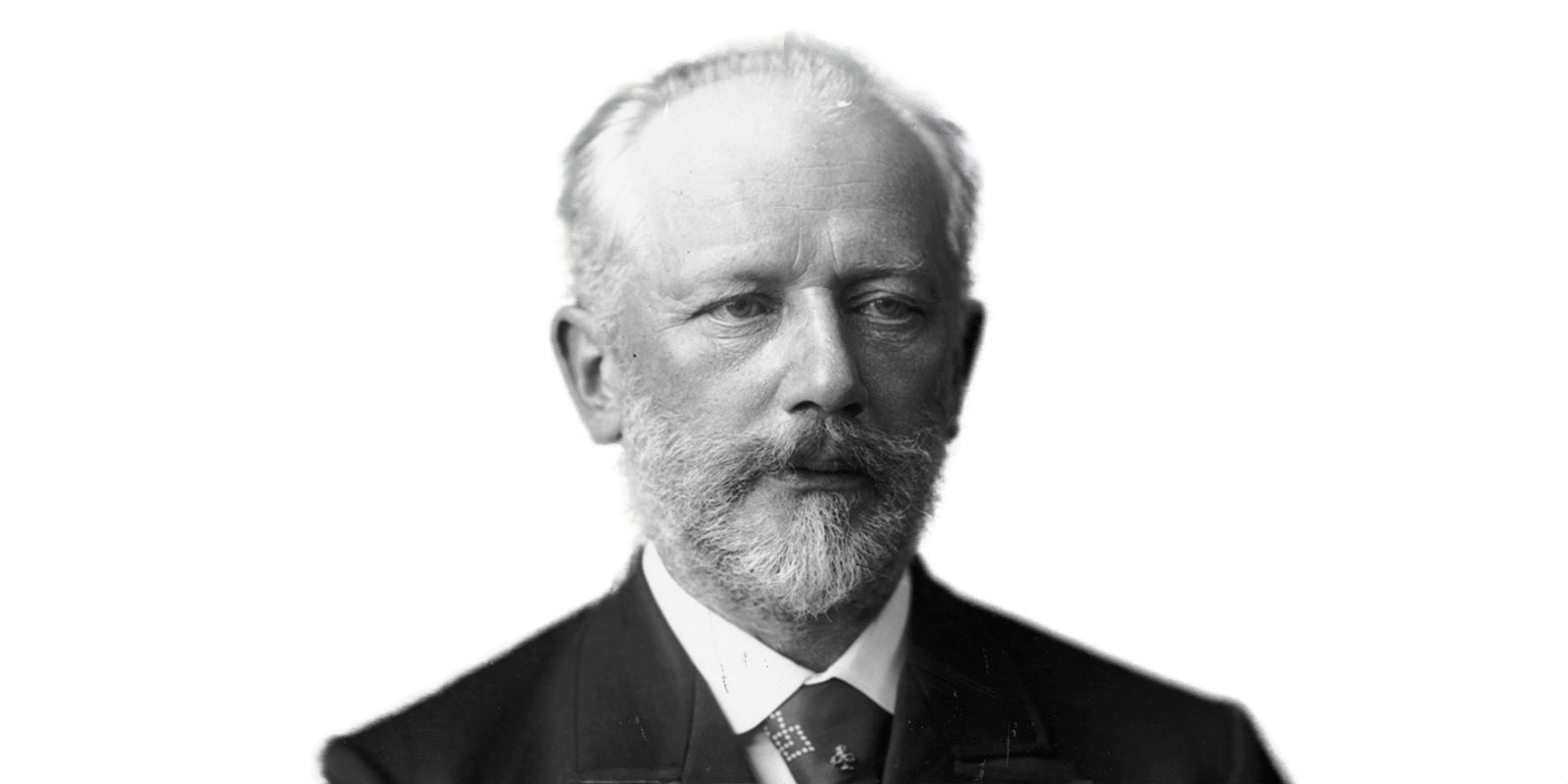
11.12.2022
One of the greatest Russian composers, Pyotr Ilyich Tchaikovsky was born on 25 April 1840 into the rather well-to-do family of the head of a steelworks in the Urals.
In 1844, a young French governess, Fanny Durbach, came from St. Petersburg to teach and educate all four of Tchaikovsky’s children. On her arrival she was very warmly and cordially welcomed by all members of the family, and from the first day she lived in the big house as one of her own.
Little Petya’s parents were very fond of music. His father once played the flute quite well in his youth. And his mother, studying in her maiden year at the College, not only excelled in playing the piano and harp, but also sang romances incredibly soulfully.
A grand piano and a mechanical organ – an orchestrion – were installed in the home of the friendly family. It was in the performance of the orchestrina that the future genius composer heard an excerpt from Mozart’s opera Don Giovanni, which made a vivid, indelible impression on the child’s psyche.
His parents noticed early on that Petya, with his delicate mental organization, became very fond of music. He could listen for hours from the balcony to the melodious, sad songs sung on holidays by factory workers.
Already at the age of five, the boy was hired a music teacher.
All his childhood years Pyotr Tchaikovsky wrote poetry with passion and zeal. He did it mostly in French, which seemed particularly melodic to him.
It was his governess – Fanny Durbach – who called the future famous composer a “glass boy”. She awarded the boy such an amazing nickname for the incredible fragility of his soul, his tenderness and vulnerability, his extraordinary crystallinity.
She, like no one else around him, immediately discerned in the boy genius musical inclinations. She always believed in him, praised and encouraged him in all his endeavors. She even kept all of his drafts and sketches when he left the family.
And, as it turned out, not in vain.




